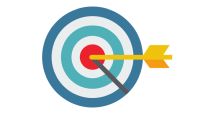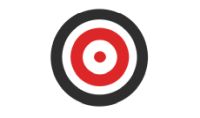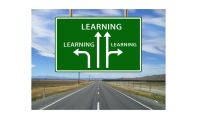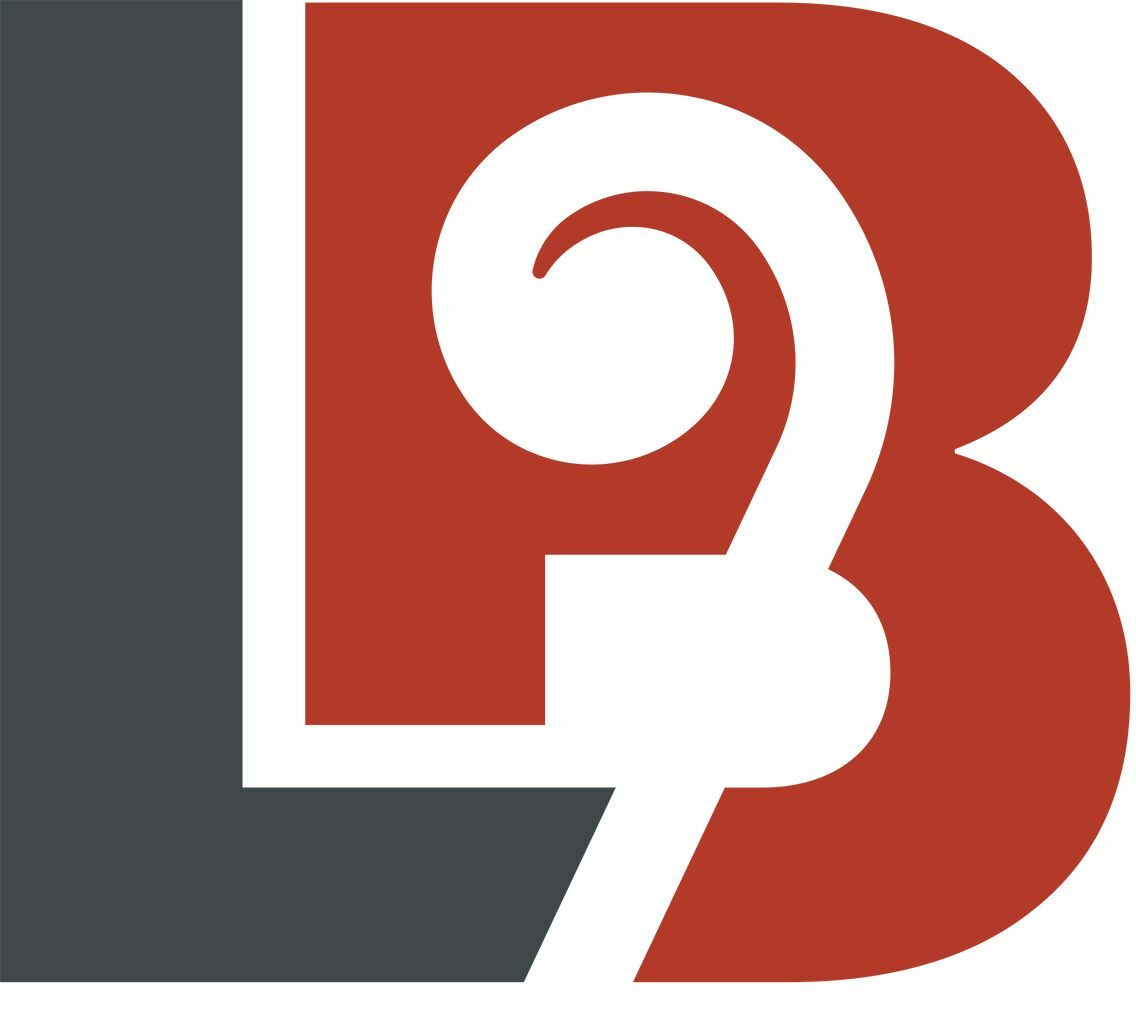 Leading Improvement
Leading Improvement
If you wish to access step-by-step support and guidance in systematically leading improvement in your school, feel free to contact Linda to discuss an option for support via this programme in 2025. Dates and details are below. This course is open to individual school teams from Australia and New Zealand. All webinars are taped.
Access to background reading is made available prior to each webinar from a dedicated website but participants are encouraged to purchase the book: Bendikson, L., & Meyer, F. (2023). It’s not rocket science: A guide to the School Improvement Cycle. Myers Education Press. The book is also available from most online book shops.
Testimonials from Participants
When asked to name three things they had learnt in the programme, the St Leo’s College team participants said:
1) The usefulness of quick wins; to build staff efficacy – success breeds success. 2) The use of the fishbone chart to work on issues collectively as a staff, and the way it fits into the school improvement program 3) The importance of presenting data and (hopefully) the improvement using the traffic light system as an example. At the same time you are problem solving and focus on improvement with the staff – done the right way, – you are building collective trust with the staff – and it builds upon the work you are doing.
When asked what they liked about the programme, St Martins Primary School said:
The school-based zoom with Linda was incredibly helpful as it was a fantastic way to extend our thinking from the previous webinar, stay accountable with our goals and direction, ask questions and be open about our progress, and develop and further our own understanding.
And St John’s, Narraweena said:
We liked the regular meetings with Linda. These helped us to keep us on track with our work and with ideas when we got stuck. Good to have the book as a reference point but also the video and the slides of the presentation. Always enjoy Linda’s wisdom and candid approach.
About the programme
This programme, entailing six modules, will support you to achieve better results as a school in 2025. If you are committed to improvement, join others in developing your theoretical knowledge and practical skills in implementing improvement cycles. It has been delivered in Australia for the last four years in the Catholic dioceses of Parramatta and Broken Bay, NSW, Australia and In New Zealand since 2023.
This support is offered completely online via a pre-reading for each module, six interactive 1.5 hour webinars; and a 40 minute individual school zoom meeting following each webinar. We provide you with individualised advice and guidance in implementing improvement cycles.
In between sessions school leadership teams send their planning, data, and results to us so we can collaborate with you to enhance your outcomes.
Timing
In 2025, the webinar will be run in NZ at 3.45 – 5.00pm on Tuesdays. It is recorded for those who cannot access it at that time. Follow-up zoom meetings with Linda are on Wednesday or Thursday of the same week. Schools must view the webinar before their zoom sessions.
Webinars will run on the following days in 2025: March 11; May 20; June 10; Jul 1; Aug 5; Sept 16. Personalised school zooms are booked in on the fallowing days of the same week on a first-in, first-served basis. Possible timings are from 8am to 4pm starting times.
Who is it for?
This programme is open to school leadership teams, with a minimum of three leaders per school and must include the principal. Some schools participate with the principal and all senior and middle leaders. More typically, the senior leadership team attends, sometimes with one or two middle leaders.
The timing of the modules allows school teams to make progress on their improvement goal in-between each session. By the end of the six modules, most schools have completed one or two improvement cycles and have the results to show for it. This won’t happen unless the school leadership team is committed to driving the process.
Indicative Costs
For a team of three leaders or less – $4000 – and a maximum of $7,000 where numbers are so large that two follow-up zooms are required.

Module 1
Defining the problem and the goal
This module guides participants as to how to decide on a focus for school improvement when there are likely to be multiple areas of need. It asks the participants to focus on their students’ academic results and shows them how to identify a priority for improvement and how to use that data to motivate teams.
Application of learning
Participants are asked to send a graph or table that shows why their chosen focus is compelling.

Module 2
Developing the quick wins and measures
This module illustrates how to narrow down from the broader goal to a tighter focus and some initial ‘quick wins’, or small steps towards achieving the larger goal. Quick wins are pursued over short periods of time. Developing appropriate quick wins and ways of measuring them are critical steps to improvement.
Application of learning
Participants are asked to send their initial thoughts on a quick win and a way to measure it.

Module 3
Developing the theory for improvement
This module takes people through the problem-solving process that underpins sound strategy development. Participants are shown how to use key tools to facilitate this process. Different ways of communicating both the short-term and the long-term strategy for easy tracking are also illustrated.
Application of learning
Participants are asked to use the problem-solving process to think strategically about the causes of the problem themselves and then to outline a possible longer-term strategic response.

Module 4
Implementing Strategy: Professional learning
This module outlines some of the key elements in an effective professional learning programme associated with implementing an improvement cycle. The need for small teacher groups to analzye and respond to data from the quick wins is a key by-product of implementing a cycle. Practical considerations are discussed such as how to plan professional learning.
Application of learning
By this stage, tasks are individualized depending on your progress.

Module 5
Implementing Strategy: Organisational
Professional learning is not the only lever for improvement. Much of what is required to improve results is organisational in nature and the responsibility of the leadership team. Improvement is based on forming good habits; regular examination of data on quick wins; regular meetings; and changes in organisational practices in response to those data.
Application of learning
By this stage, tasks are individualized depending on your progress.

Module 6
Sustaining progress over time
This session shares the methods, successes, and lessons of schools in the programme. It also focuses on how the cycle is sustained over time, and considers the human challenges of driving improvement, such as dealing with ‘resistance’.
